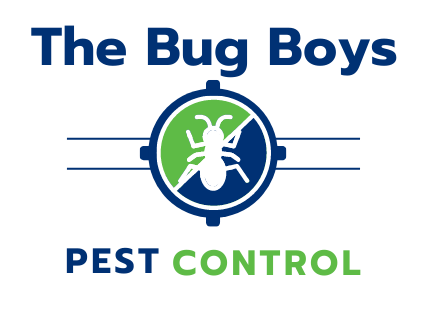Introduction:
Welcome back, readers! Today, we are embarking on an exciting journey into the mysterious realm of mosquitoes. The Bug Boys of Charleston are here to uncover the secrets, dispel the myths, and shed light on these fascinating yet pesky insects that buzz around our summer nights.
1. A Brief Introduction to Mosquitoes:
Mosquitoes are part of the Culicidae family, comprising approximately 3,500 known species worldwide. Despite their tiny size and seemingly insignificant appearance, these miniature marvels pack a powerful punch. They have been thriving on our planet for millions of years, adapting to various climates and ecosystems.
2. The Female’s Mission: Bloodlust and Reproduction:
Ah, the bloodthirsty reputation that precedes mosquitoes! But do you know why only the females indulge in this behavior? Well, contrary to popular belief, mosquitoes do not feed on blood for energy. Instead, they require the proteins found in blood to produce eggs. So, gentlemen mosquitoes are off the hook for this one!
3. Mosquitoes as Disease Vectors:
As reluctant as we may be to admit their importance, we cannot discuss mosquitoes without addressing their role as carriers of various diseases. From malaria to dengue fever and Zika virus, they transmit pathogens that threaten millions of lives each year worldwide. Understanding the lifecycle, habits, and habitats of mosquitoes is essential in combating these illnesses.
4. The Complicated Lifecycle of Mosquitoes:
A mosquito’s lifecycle is intriguingly complex. From egg to larva, pupa, and finally, adult—the journey is one of constant adaptation and survival. Mosquitoes rely on standing waters, such as swamps, ponds, or even small containers, to lay their eggs. Adequate water sources are key to their survival.
5. Mosquito Control and Prevention:
Now that we understand more about mosquitoes, it’s time to discuss ways to manage these airborne nuisances. Prevention is undoubtedly better than cure! Simple steps like eliminating standing water, using mosquito nets, wearing protective clothing, and applying appropriate repellents can go a long way in reducing mosquito populations and minimizing the risk of bites.
6. The Ongoing Research:
Mosquitoes have intrigued scientists for years, and research continues to unravel further insights. From genetically modified mosquitoes that decrease or eliminate the population to mosquito repellent plants, many innovative methods are being explored to combat this age-old problem.
Conclusion:
As the Bug Boys of Charleston, we hope this blog post has given you a newfound appreciation for the enigmatic world of mosquitoes. These tiny insects, with their extraordinary survival mechanisms and significant impact on human health, deserve our attention and respect. By understanding their habits and employing effective mosquito control strategies, we can make our habitats safer, ensuring that our summer nights are peaceful and bite-free.
Remember, knowledge empowers us to protect ourselves and nature’s delicate balance. Until next time, bug enthusiasts, keep exploring and learning about the fascinating world of insects!
